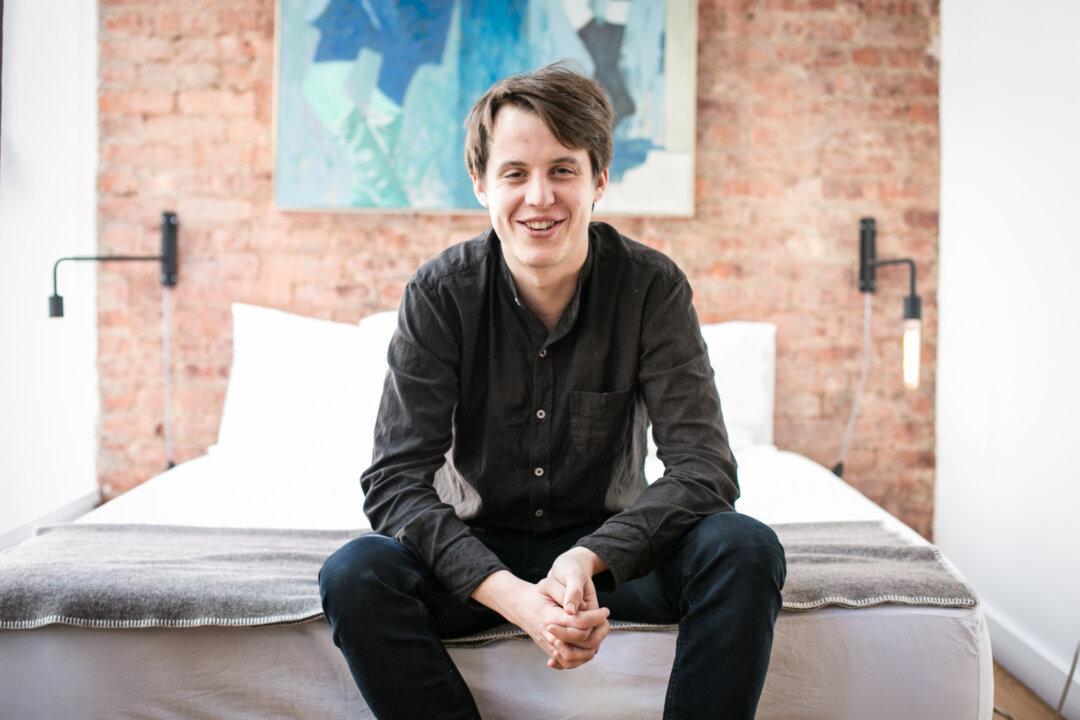NEW YORK—How do you get your product noticed in a saturated market? Casper is one of the few successful startups that cut through the noise with a disruptive product in an old industry. Founded in 2014, the New York-based online mattress retailer created a unique message and a business model to get customers to jump on its offer.
“When we first started, there were many companies selling mattresses online. We were not the first ones. However, we made that a conversation,” said Luke Sherwin, Casper’s co-founder and chief creative officer.
The startup revolutionized the industry by offering just one mattress that ships inside a box. In addition, it offers a 100-night trial period with a full refund—something previously unheard of in the industry.





